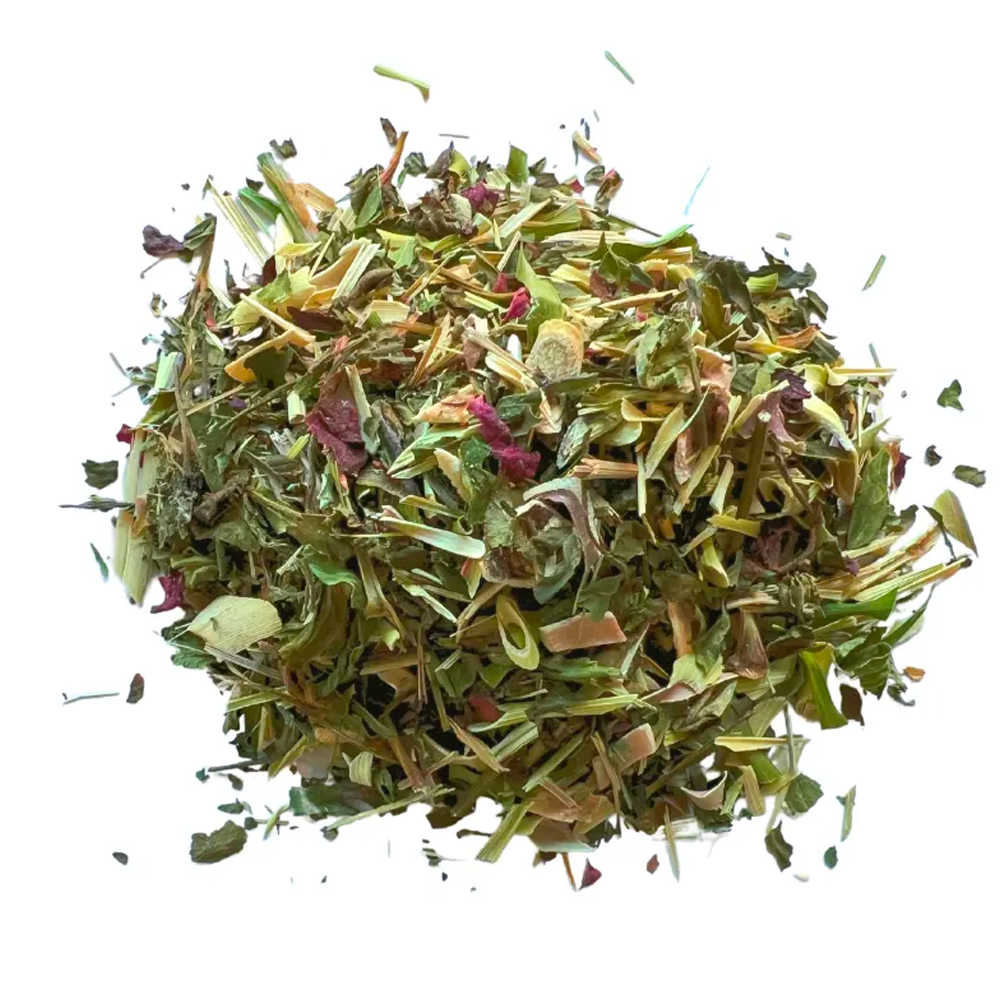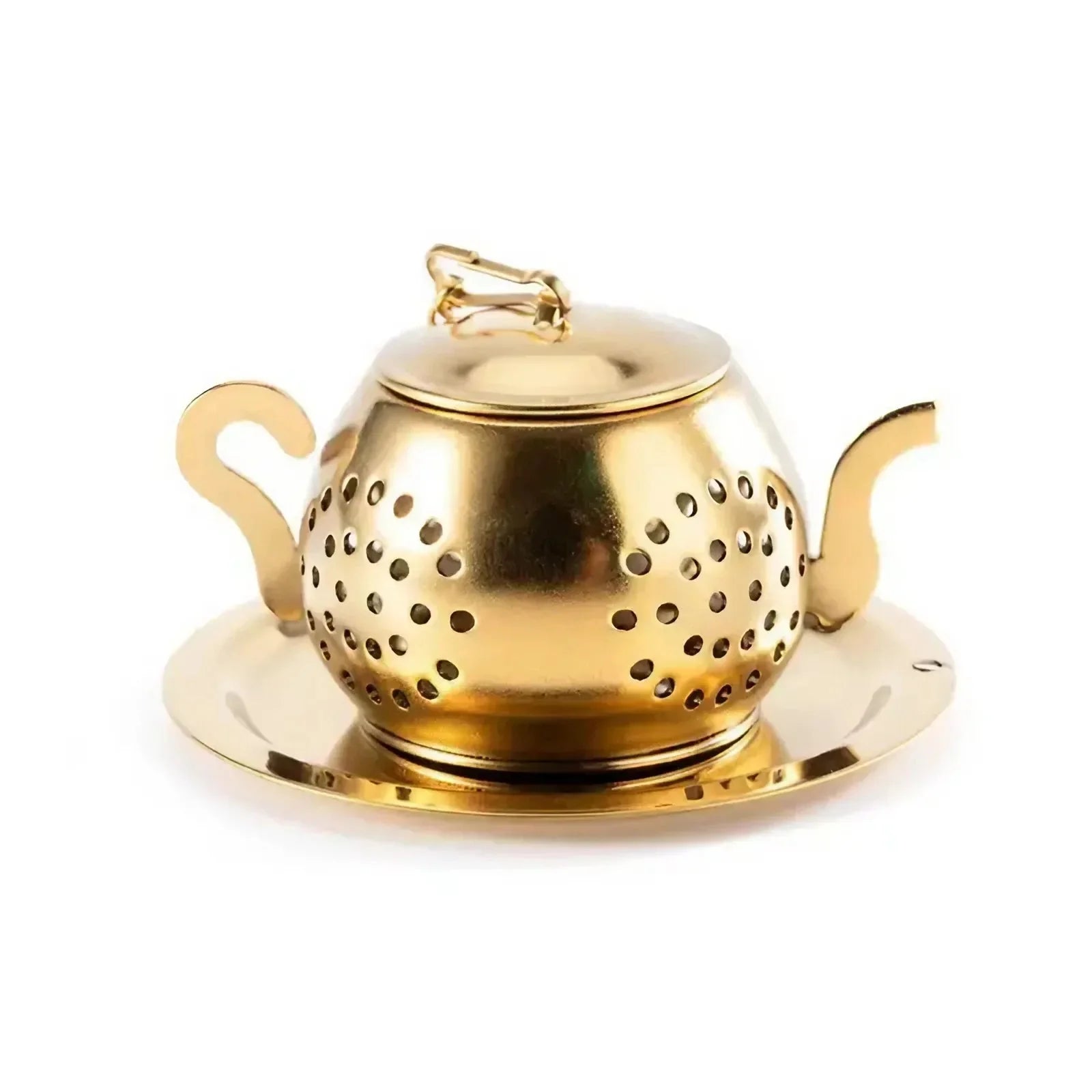
Acorus gramineus
Hmong Name: Pawj Qaib
Acorus gramineus, also known as sweet flag, is a perennial herb that originates from the diverse landscapes of Asia. This herb, cherished for its sweet, earthy aroma, has been a cornerstone in traditional Chinese medicine for centuries. It has been employed to treat a wide array of ailments, ranging from digestive issues to respiratory complications.
One of the most remarkable medicinal properties of Acorus gramineus is its potent anti-inflammatory effect. The herb is rich in compounds that can significantly reduce inflammation and swelling. This makes it an effective natural remedy for inflammatory conditions such as arthritis and gout. The anti-inflammatory properties of Acorus gramineus are not just limited to physical ailments. They also extend to the realm of mental health, providing relief from stress and anxiety.
In addition to its anti-inflammatory prowess, Acorus gramineus has been found to have a calming effect on the central nervous system. This property can help to alleviate anxiety and promote relaxation, making it a valuable tool in managing mental health. The calming effect of Acorus gramineus is believed to be linked to its impact on the central nervous system, promoting a sense of tranquility and peace.
Another noteworthy benefit of Acorus gramineus is its ability to enhance digestion. The herb contains compounds that stimulate the production of digestive enzymes, facilitating the breakdown of food and improving the overall functioning of the digestive system. This makes it particularly beneficial for individuals grappling with digestive problems such as constipation, bloating, and indigestion. The herb’s digestive benefits extend beyond mere symptom relief, contributing to overall digestive health and wellness.
Despite its long history of use, Acorus gramineus remains relatively unknown in the Western world. However, recent years have seen a surge in interest in this herb, driven by its potential health benefits and its integral role in traditional Chinese medicine. The herb’s rich history and diverse medicinal properties make it a fascinating subject for further research and exploration.
In the realm of traditional Chinese medicine, Acorus gramineus has been used not only for its medicinal properties but also for its spiritual and purifying properties. Ancient Chinese texts reveal that the herb was used in religious ceremonies and rituals, highlighting the deep cultural significance of this plant.
In conclusion, Acorus gramineus is a potent herb with a rich history and a wide array of medicinal properties. From its anti-inflammatory effects to its calming influence on the nervous system and its digestive benefits, this herb is a testament to the wisdom of traditional medicine and the potential of natural remedies. As interest in this herb continues to grow, it is clear that the ancient wisdom of traditional Chinese medicine still holds relevance in our modern world.
Disclaimer: This information is for educational purposes only and has not been evaluated by the FDA. It is not intended to diagnose, treat, cure, or prevent any disease. We recommend that you consult with a qualified healthcare practitioner before using any herbal products, particularly if you are pregnant, nursing, or on any medications.


